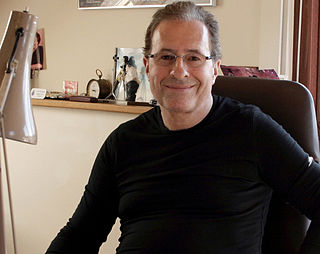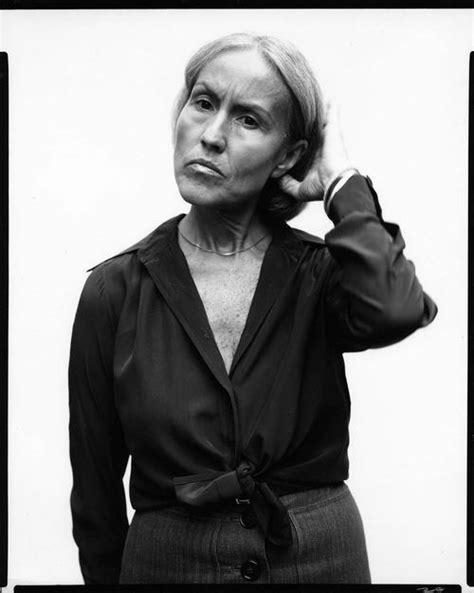A Quote by Lafcadio Hearn
I often imagine that the longer he studies English literature the more the Japanese student must be astonished at the extraordinary predominance given to the passion of love both in fiction and in poetry.
Related Quotes
In high school, in 1956, at the age of sixteen, we were not taught "creative writing." We were taught literature and grammar. So no one ever told me I couldn't write both prose and poetry, and I started out writing all the things I still write: poetry, prose fiction - which took me longer to get published - and non-fiction prose.
My life has had a lot of fits and starts: before I studied literature at all I was a musician, and began undergrad as a conservatory student. I started studying literature in my third year of college, when I took a poetry course with James Longenbach that was pretty extraordinary. It changed my life.
Branson ate his salad, and left the rest of his fish untouched, while Grace tucked into his steak and kidney pudding with relish. 'I read a while ago,' he told Branson, 'that the French drink more red wine than the English but live longer. The Japanese eat more fish than the English but drink less wine and live longer. The Germans eat more red meat than the English, and drink more beer and they live longer too. You know the moral of this story? 'No' 'It's not what you eat or drink - it's speaking English that kills you.
The high-school English teacher will be fulfilling his responsibility if he furnishes the student a guided opportunity, through the best writing of the past, to come, in time, to an understanding of the best writing of the present. He will teach literature, not social studies or little lessons in democracy or the customs of many lands. And if the student finds that this is not to his taste? Well, that is regrettable. Most regrettable. His taste should not be consulted; it is being formed.
The English tourist in American literature wants above all things something different from what he has at home. For this reason the one American writer whom the English whole-heartedly admire is Walt Whitman. There, you will hear them say, is the real American undisguised. In the whole of English literature there is no figure which resembles his - among all our poetry none in the least comparable to Leaves of Grass































